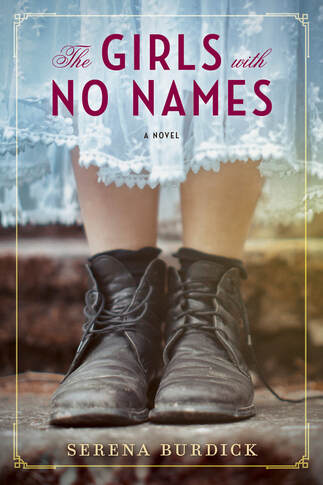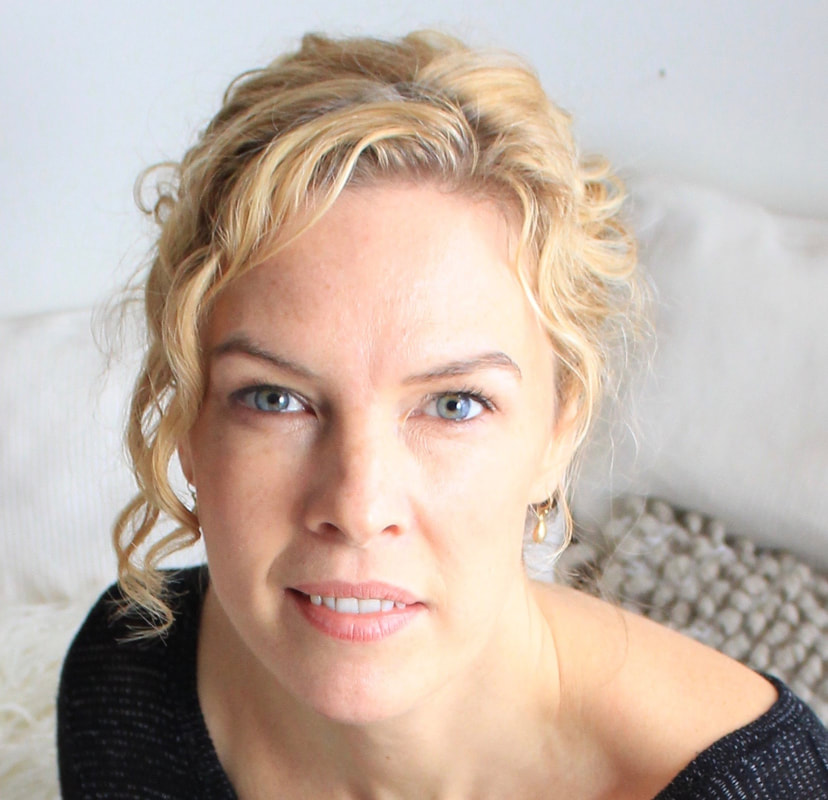|
Serena Burdick
Bestselling author of historical fiction |
PROLOGUE
I lay with my cheek pressed to the floor, the cement cool against my spent rage. I’d screamed. I’d bitten and scratched. Now I was paying for it, but I didn’t care. I’d do it again. Rolling onto my back, I held my hand in front of my face, but only black stared back at me. They’d left me in complete darkness. My palm throbbed where a splinter of wood had pierced it, a glorious wound of rebellion. A wash of cold air drifted across my face and I shot upright, certain it was the ghost of one of the forgotten girls. Fear pricked the soles of my feet, turning into pins and needles nicking their way up my calves. How long would they leave me here? Would they starve me, forget about me until I began to rot and stink? I imagined Sister Gertrude dumping my wasted body into a grave next to other nameless girls. My family would never know what happened. I crawled across the floor with the pressing need to urinate. My sister and I had spent our whole life thinking up stories, dreaming up our futures, but life was not a story. It was full of solid, irrefutable facts like the fact that I needed to pee; like this cold, hard cell and my inability to imagine any way out of it. I clenched my body trying to hold my bladder tight, but it was no use. Squatting, I hiked up my skirt and pulled down my knickers. Pee splashed down my leg and I sighed with hot relief. The acrid smell of urine mixed with the onions and garlic they kept in barrels on the other side of the door. I’d been planted underground, buried with the vegetables. I’d be found purple and bruised and unrecognizable. I tried counting backward from five hundred, then from one thousand. I recited scripture, but became furious with God and switched to Shakespeare. I thought of the gypsy children performing Romeo and Juliet in the rain, of Tray and Marcella and the foretelling of my future. I thought of all the mistakes I’d made. I wanted to blame my father for them, for betraying our family and sparking a rebellion in our home, but down here, trapped in the bowels of the House of Mercy, I’d forgive him anything, if only he would come for me. After a while, time became blurred and boundless, as it had when I was grieving for my sister. My mind grew hazy. In this windowless room, there was nothing to distinguish day from night. No way to tell a minute from an hour. When the door opened and a wan band of gray light slid in with a tray of food, I tried to guess between dawn and dusk, but I couldn’t. The door shut and darkness slammed against my eyes. I sipped the water, bit into the stale bread crusted with old molasses. It didn’t matter what time of day it was. Whether out of this room or in it, no one was coming for me. When I grew tired, I lay on the unforgiving floor with my hands cushioned beneath my cheek. It was a relief to escape into a different darkness. It made my fear less palpable. I could be anywhere behind my lids. I could go back. I could make another choice on that night when the simple, beautiful sound of a fiddle, in another impenetrable darkness, called to us. If only they hadn’t played, or my sister and I hadn’t listened. |

